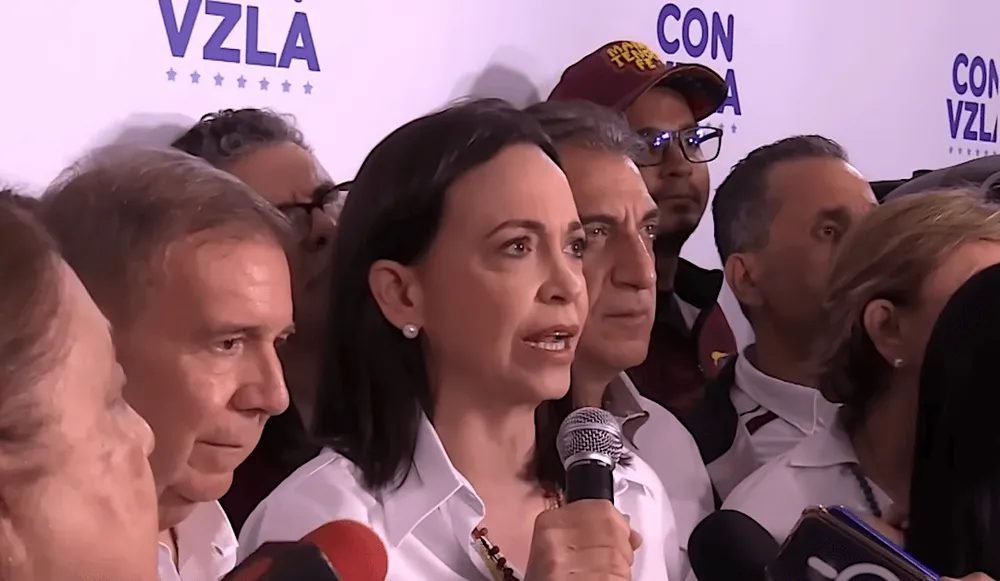Venezuelan government ratchets up digital repression surrounding tainted election
Venezuelan President Nicolás Maduro’s authoritarian government has recently deployed digital tools to silence dissent and cut off information access, including by blocking 62 media outlets, according to an open letter signed by more than 100 civil society organizations and human rights defenders Monday.
The surveillance, digital repression and human rights abuses in Venezuela reportedly spiked during and after the country’s July 28 presidential elections, which are widely seen as tainted.
During the campaign, VEsinFiltro, an organization that has been documenting internet censorship in Venezuela for a decade, found 12 new cases of Maduro’s government blocking access to media outlets’ and human rights organizations’ websites as well as virtual private networks, according to a press release issued by the digital freedoms nonprofit Access Now.
“The elections were held in a restricted media ecosystem, reducing guarantees for free and informed participation,” the release said, noting that in addition to the 62 blocked media outlets, the country’s largest internet service providers also have been cut off, impacting 86 domains.
The Chinese tech company ZTE has been sending advanced surveillance technology to Venezuela since 2016, the release said. Maduro also has acknowledged he possesses phone-hacking tech made by Israeli firm Cellebrite, according to the release.
The Maduro regime’s surveillance and suppression program has included use of the government-owned messaging app VenApp to collect reports about opposition figures. The regime reportedly also has relied on video surveillance and the constant use of drones to watch citizens.
The surveillance has been paired with the state-sponsored “Operation Knock-Knock” program, which has fueled violence, doxxing and arbitrary detentions of activists, journalists and everyday citizens, the release said. Venezuelan security forces have eagerly pursued those they say committed violent crimes during recent protests over the tainted election.
Reuters reported Monday that three advocacy groups claimed that security forces are tracking down and arresting protesters, including minors, and are not allowing them to consult with attorneys.
Maduro’s government has arrested more than 2,000 people, killed at least 20 protestors and appear to have forcibly disappeared at least 25 people, Access Now said.
“The violent crackdown on the people of Venezuela—both online and off—for expressing dissent is a clear human rights violation,” Marianne Díaz Hernández, #WhyID Campaigner at Access Now, said in a statement.
Venezuelan authorities are “abusing their power to target individuals who dare have an opinion they do not like; it is dangerous and will only lead to more violence,” she added.
Suzanne Smalley
is a reporter covering digital privacy, surveillance technologies and cybersecurity policy for The Record. She was previously a cybersecurity reporter at CyberScoop. Earlier in her career Suzanne covered the Boston Police Department for the Boston Globe and two presidential campaign cycles for Newsweek. She lives in Washington with her husband and three children.



